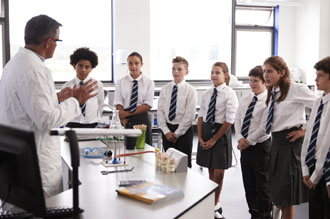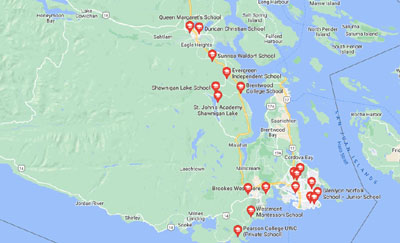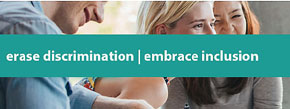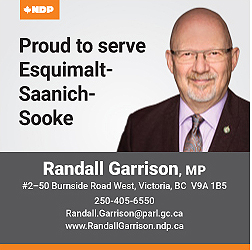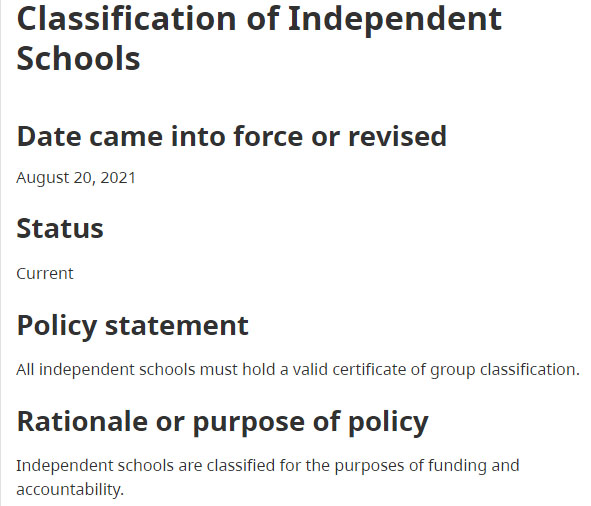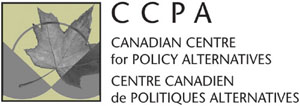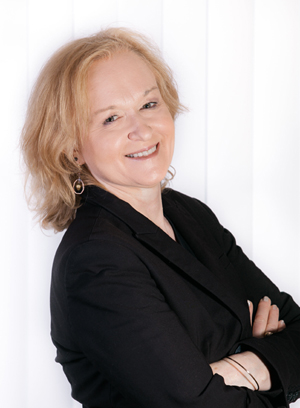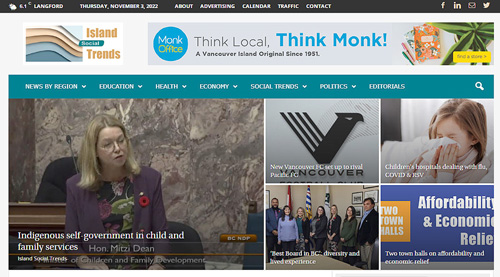Monday November 7, 2022 | VICTORIA, BC
by Mary P Brooke | Island Social Trends
The K-12 education system in BC is supported in part or in full by the provincial government. The largest chunks of the BC budget go to health care and education as two of the fundamental planks of operating a democratic society.
BC private schools will collect nearly half a billion dollars in public funding from the provincial government this school year new research by senior economist Alex Hemingway shows, as released September 21.
This was announced by the Canadian Centre for Policy Alternatives (CCPA) in September, during the school trustee election campaign period.
“This is in addition to further public subsidies including to elite prep schools in the form of various tax exemptions and credits,” said Hemingway.
There are several private schools on south Vancouver Island including Brookes Westshore, St Michaels University School, St Margaret’s School, Pearson College UWC, Shawnigan Lake School, Glenlyon Norfolk School, Westmont Montessori School, Lighthouse Christian Academy, and Brentwood College School.
Underfunding of public schools:
“Public schools have been underfunded for far too long in this province and students, including those with special educational needs, are not receiving the resources they need,” says Alex Hemingway who holds a PhD in political science.
“The good news is BC has every ability to close the funding gap and reinvest in public education. Rather than continuing to massively subsidize private schools, these resources should be redirected to building stronger public schools for all,” the CCPA researcher said.
2022 election cycle & parent choice:
Leading up to the October 15, 2022 election of school trustees in 60 school districts across British Columbia, some candidates heard from parents and residents around neighbourhoods that they were preferring private school over the public education system.
Reasons included the poverty and crime and some neighbourhoods and the exposure to curriculum (including the support of SOGI | SOGI in BC) that some parents find inappropriate for their children especially in the younger grades. Some teachers adapt SOGI curriculum expectations as best they can, and some even find themselves quitting to choose another career option.
Families who in most respects cannot afford private schooling for their children are making that lifestyle choice anyhow, based on some of those reasons.
The BC Government says “it’s important for schools to be inclusive and safe spaces for students of all sexual orientations and gender identities” as part of ‘erasing discrimination and embracing inclusion’.
The BC Government points out that there is no “SOGI curriculum” per se. However, throughout K-12 curriculum and school activities, students and teachers are expected to explore the topic of human rights and “what it means to value diversity and respect differences” and “how to respond to discrimination”; teachers may include discussions around the BC Human Rights Code, sexual orientation and gender identity.
Subsidy *rate* has increased:
“Provincial operating subsidies to the private school system will rise to $491 million this year, which has far outstripped the rate of growth in funding to public K-12 education since 2000/01,” said Hemingway in the CCPA release.
This indicates a shift of family preference for their children’s education in private schools and is not a result of any change in BC Government policy about funding schools.
CCPA says that by contrast, half of Canada’s provinces don’t provide this type of public funding to private schools at all. It could be said that BC is attempting to provide a ‘catch all’ so that as many children in BC are receiving a K-12 education, regardless of by what setup it it delivered.
Two major categories:
The bulk of private school subsidies in BC flow to two major categories, described this way by CCPA: “first and foremost, religious schools and, second, high-tuition elite prep schools”.
“This public subsidy is allocated using a formula that provides funding at a rate of either 50 per cent or 35 per cent of per-student funding in the public school system (depending on tuition level and overall outlays that a private school spends per student),” explained CCPA in their September news release.
Additional forms of public subsidy for private schools include property tax exemptions, tax breaks on donations and tuition and even a child care tax credit on a portion of tuition attributed to recess and lunch, a tax advantage that prep schools like Vancouver’s St. George’s have promoted to their clientele, says CCPA.
Independent schools:
The BC Ministry of Education and Child Care says that independent schools in BC must not offer programs that in theory or in practice will promote or foster doctrines of racial or ethnic superiority or persecution, religious intolerance or persecution, social change through violent action, or sedition.
Independent schools may operate as a corporation, society or privately held.
Independent schools offering Grades 10, 11 and 12 must offer a program that meets provincial graduation requirements set out in the Education Standards Order.
New expanded ministry:
The Minister of Education and Child Care is Jennifer Whiteside.
The Ministry changed to its new title BC Ministry of Education and Child Care and mandate as of April 1, 2022 (previously being the Ministry of Education).
As one school district superintendent put it recently, this has the government’s education ministry overseeing the education of children “from birth to post-secondary”.
School district boards of education are now be responsible for providing child care options including on-site facilities where possible.
Statement from the Ministry of Education and Child Care:
Upon inquiring with the BC Ministry of Education and Child Care for a profile on the funding of private schools by the provincial government, these points were provided:
- The purpose of the B.C. K-12 school system is to enable all learners to become literate, to develop their individual potential and to acquire the knowledge, skills and attitudes needed to contribute to a healthy and sustainable economy.
- Funding for independent schools in B.C. is based on a legislated formula in place for more than 30 years. There are four groups of independent schools. However, only groups 1 and 2 receive partial funding; 50% (group 1) and 35% (group 2) respectively of the full funding for K-12 public schools.
- All independent schools that receive partial funding at 50% or 35% are required to follow the B.C. curriculum and to employ certified teachers. It’s important to note that government does not provide any capital project funding for independent schools.
- Independent schools must comply with the requirements of the Independent School Act and related regulations, orders and policy.
- The Statement of Education Policy Order (1989) provides more information on the mandate for B.C.’s K-12 school system.
- Independent schools in B.C. are diverse, representing a wide range of communities and educational approaches, including faith based, First Nations, Montessori, environmental education, university prep, Waldorff, and schools specializing in serving students with disabilities and diverse abilities.
- For K-12 public schools, government is investing $3.1 billion in capital funding over the next three years to replace aging public schools, add more spaces in growing communities and fast-track seismic upgrades. This builds on the $6.6 billion in operating funding in 2022-23 for K-12 public schools.
- The Ministry of Education and Child Care regulates independent schools by way of external evaluations and inspections.
About CCPA:
The Canadian Centre for Policy Alternatives describes themselves as an independent, non-partisan think tank that researches social, economic and environmental justice issues.
Established in 1997, the CCPA’s BC Office investigates key challenges facing our province through independent research, analysis and expertise. We propose real, workable solutions, and share our findings as widely as possible to advance social, economic and environmental justice – and to challenge the message that there is no alternative.
===== ABOUT ISLAND SOCIAL TRENDS:
Island Social Trends (formerly West Shore Voice News 2014-2020) covers the news of social, economic and political change in the west shore and south Vancouver Island as well as following socioeconomic trends across BC and Canada. | Education Archive
The portal at islandsocialtrends.ca has been active daily since mid-2020. Published by Brookeline Publishing House Inc out of Langford, BC.
Island Social Trends editor and publisher Mary P Brooke has been steering the ship of progressive journalism on the west shore since 2008 (MapleLine Magazine 2008-2010, Sooke Voice News 2011-2013, West Shore Voice News 2014-2020, Island Social Trends 2020 to present).


